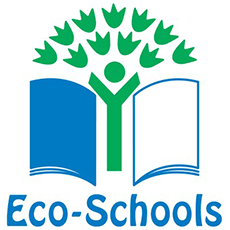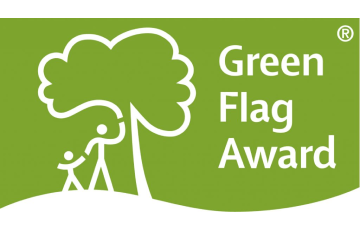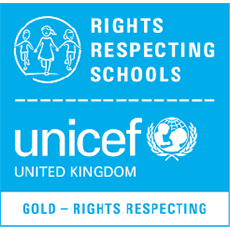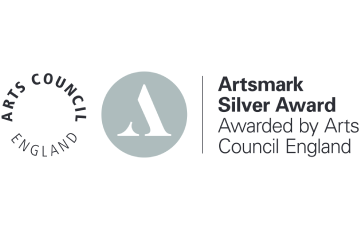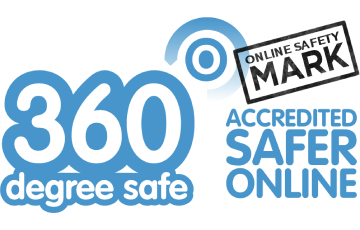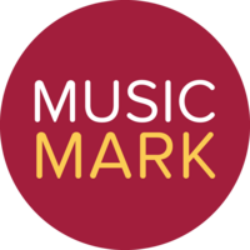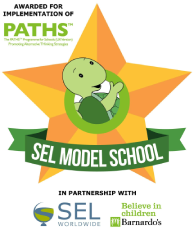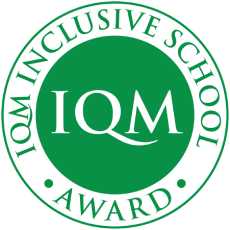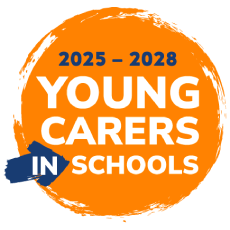- Home
- Classes
- All About Lyme
- Our School
- Vision and Values
- Prospectus
- Staff
- Breakfast and After School Club
- Corporate Social Responsibility
- Online Safety
- Pastoral Support
- Rights Respecting School
- School Holiday Dates 2024-25
- School Holiday Dates 2025-26
- School Meals
- School Opening Times
- SEN and Adaptive Teaching at Lyme
- Uniform
- Wrap Around Care at Lyme
- Young Carers
- Activities
- Extra Curricular Activities
- Academic Enrichment
- Forest School
- Easter Journey for Y5
- Send My Friend to School Campaign
- World Book Day 2019
- Lyme's Anti-Bullying Video
- Staying Safe Online!
- Extreme Reading
- HEALTH AND WELL-BEING WEEK 2019
- SPORTS DAY 2019
- ARTS WEEK 2019
- SCIENCE CLUB 2019
- SCIENCE WEEK 2019
- Learning Challenge Curriculum Exhibition
- Sports Relief 2018
- Social Enrichment
- Residentials and Trips
- School Money
- School Spider Parent App Guide
- Governors
- Curriculum
- British Values
- Curriculum
- Early Years Curriculum
- Maths
- Overviews for Parents Autumn 1 2024
- Overviews for Parents Autumn 2 2024
- Overviews for Parents Spring 1 2025
- Overviews for Parents Spring 2 2025
- Overviews for Parents Summer 1 2025
- Overviews for Parents Summer 2 2025
- PATHS
- Personal Development
- Phonics
- Reading
- Subjects
- Writing
- English and Maths End of Year Expectations
- Assessment
- Statutory Assessments 2024/25
- Protected Characteristics
- Newsletters
- Parent Voice
- Pupil Leadership
- Safeguarding
- Statutory Information
- Pupil Voice
- Contact
R.E.
A curriculum designed for Lyme Community Primary School
RELIGIOUS EDUCATION
Subject Lead:
My name is Miss Burns and I am the Religious Education Subject Lead at Lyme Community Primary School. At our school, we believe the study of Religious Education (RE) plays an important part in a child’s development.
I believe the teaching of RE and its ability to extend and deepen pupils’ abilities to think critically and make sense of religion enables them to become responsible global citizens who respect the many diverse cultures and traditions around the world. RE gives pupils the knowledge and time to understand concepts and gain deeper insight into the world in which they live and be appropriately challenged.
Curriculum Intent
Purpose of study
At Lyme Community Primary School, we recognise that Religious Education (RE) is an important opportunity to provide opportunities for our students Spiritual, Moral, Social and Cultural development.
School pays due regard to statutory requirements, and has taken account of the guidance offered by the LA through its SACRE (Standing Advisory Council on Religious Education).
Lyme Community Primary School is a community school, therefore we deliver RE in line with the Lancashire Syllabus as agreed by the local authority: ‘Searching for Meaning’. Our aim is to ensure that pupils:
- Develop a knowledge and understanding of Christianity; its values and the impact on our local community and on our society today.
- Develop a knowledge and understanding of the other principle religious and non-religious belief traditions represented in Britain today.
- Learn to discriminate between those traditions, beliefs and practice that deserve respect, and practices and beliefs that can lead them into danger.
- Grow in their spiritual development.
- Develop a sense of awe, wonder and mystery.
- Develop skills and attitudes that will support their personal, moral, social and cultural development.
- Explore some questions of meaning and consider the different ways humankind has responded to them.
- Think about their beliefs and values in the light of the beliefs of others—both religious and non-religious—and the values of the school community.
Curriculum planning
As a Rights-Respecting School, we plan and deliver our RE curriculum with the articles of the UNCRC at the forefront; these are carefully mapped out throughout the year. By making the children aware of their rights, we aim to instill a tolerant, inquisitive attitude grounded in equality and an understanding of diversity. Our school community, and local area, does not provide our children with a wealth of multi-cultural experiences so we enhance our children’s experiences as much as possible making sure that across the year groups the children learn about Christianity, Islam, Judaism, Sikhism, Hinduism, Buddhism and other world faiths to gain knowledge, understanding and appreciation of the main beliefs, places of worship, signs and symbols and festivals in addition to discussing philosophical questions, such as ‘what happens when we die?’
RE is taught weekly from Reception to Year 6. In Nursery, children's concepts of RE is developed through 'Understanding our World'. Our Nursery children experience learning through play - with learning that is fun, engaging and challenging. RE concepts are developed through the celebration of different religious festivals throughout the year.
From YR to Y6, the syllabus used has an over-arching key learning question for each year group, with each unit of work having an individual key learning question. This supports our children’s critical thinking and develops their oracy skills when articulating their answers. We ensure that subject-specific vocabulary is explicitly taught to broaden our children’s understanding and develop their bank of Tier 3 words.
As our children are from predominantly White-British backgrounds, we value the importance of teaching the children about other world faiths. The syllabus used enables the children to look philosophically at their learning rather than just learn facts. This enables them to make connections between religions and speak with some confidence about similarities and differences. By the end of KS2 primary children should have touched upon all the six major world faiths.
Our children’s learning culminates in a World Religions assembly in which each year group discusses their learning; this gives time for them to make links and comparisons between religions in addition to taking an opportunity to develop oracy skills. It enables our children to answer the key learning question for the year – giving them an audience for their learning.
At Lyme, the children are given the opportunity to present their knowledge in a variety of ways using skills taught in English, mathematics, computing and art to develop more meaningful learning experiences. We believe children should be taught religious content through a variety of hands-on learning experiences to develop their understanding for example, handling religious artefacts or visiting a place of worship.
Our ethos is centred round core values (Trust, Friendship, Democracy, Diversity etc.) which provide the basis for assemblies and discussions. We believe that planning our collective worship in this way provides a meaningful starting point to share stories from the different faiths and think about skills and strategies for life.
Assessment
At Lyme Community Primary School, in the Early Years, children are assessed against the EYFS age related criteria within the strand of Personal, Social and Emotional Development and Understanding of the World.
At KS1 & 2 we use the National Curriculum objective statements to monitor individual pupil progress against the key stage expectations. We will use low-stakes assessment activities, such as quizzes and retrieval activities to assess and build on children’s knowledge and understanding. Children complete a baseline and an end of unit assessment activity linked to the unit’s key learning question. This information is then used to inform curriculum planning outlining how additional support or challenge can be provided in order to meet the needs of our pupils. Formative and summative assessment evidence is used to make a judgement based on the child’s knowledge, understanding and application of their learning – measured by depth of understanding shown when answering the key learning question each half term. This is recorded on SIMS (see Summative Assessment and Feedback Policy). This information is also used by teachers when reporting to parents.
Children
Here are some website that you may find useful:-
https://www.bbc.co.uk/teach/class-clips-video/religions-of-the-world/zfxwpg8
https://www.bbc.co.uk/bitesize/subjects/z7hs34j
https://www.bbc.co.uk/newsround
Lyme Community Primary, Lyme St, Newton-le-Willows WA12 9HD


